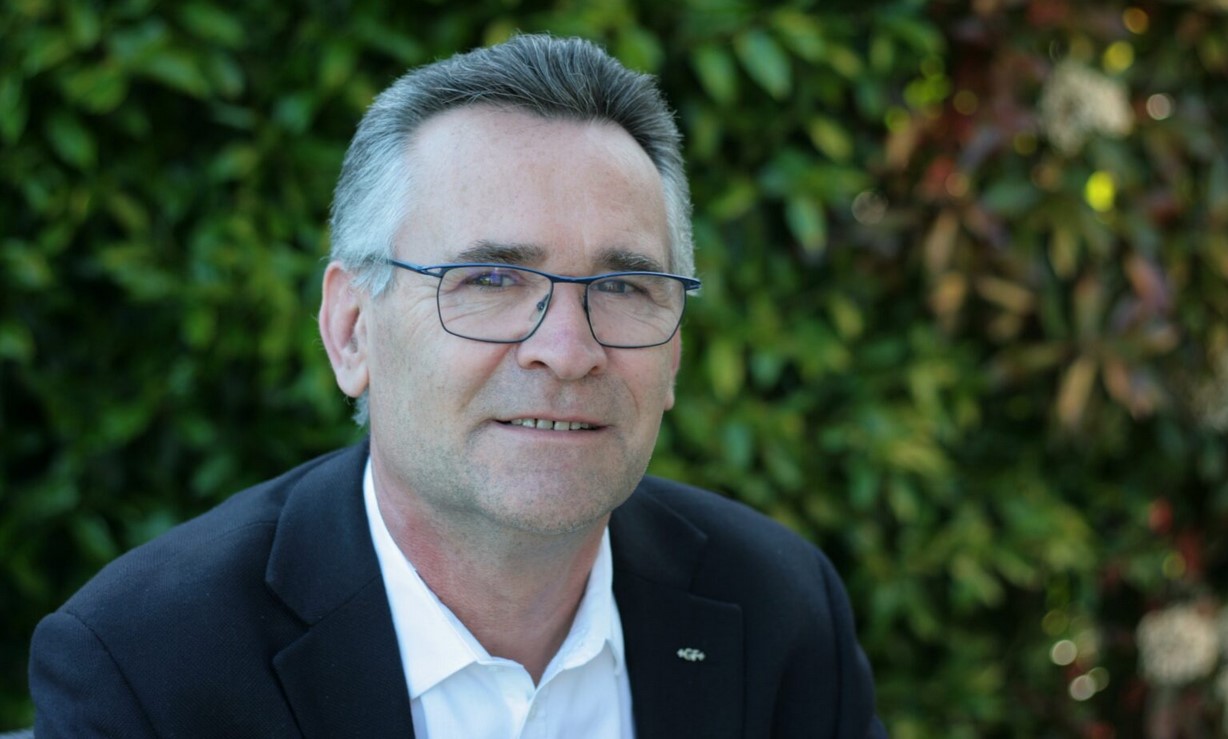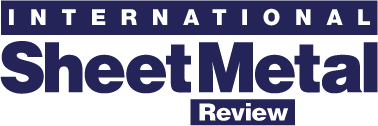
Stable economic outlook for European machine tool producers
Submitted by:
Sara Waddington
Image: Francois Duval, President, CECIMO
During its General Assembly recently held in Tampere, Finland, CECIMO (the European Association of Manufacturing Technologies) reported a resilient performance for the European machine tool sector in 2023. Political and economic uncertainties at the end of the year resulted in a short-term fall in order intake in 2024. However, an improvement in key economic indicators and falling inflation means that orders are expected to increase in the second half of the year.
Economic outlook
“The previous year has been characterised by mixed divergent trends. European machine tool (MT) builders increased production levels by 7% in 2023, compared to 2022. Strong production momentum was maintained throughout the year, reaching around €27.2 billion in 2023, maintaining a share of around 33% of the global MT output. In addition, European MT builders’ total machine-tool exports increased by around 23% in the last quarter of 2023 compared to the previous quarter, while imports in Europe improved by around 5% in the same period,” outlined CECIMO.
The association confirmed that the United States and China remained the two main export destinations for European machine-tool producers in 2023 (the U.S. was in first place). Japan, China and Taiwan remained the top three machine-tool supplying markets for CECIMO countries, added CECIMO.
However, it cautioned that these positive developments have also been balanced by unfavourable factors, highlighting that consumption levels in CECIMO countries declined by 1.8% over 2023 and orders for Q4 2023 have been 16% lower compared to the same period in 2022.
“The European machine tool industry has shown remarkable strength,” commented Francois Duval, CECIMO President. "Our resilience shows the industry's ability to adapt and thrive in changing circumstances.”
Looking ahead
In 2024 consumption levels in CECIMO countries are estimated to decline by 1.8%. In addition, preliminary statistics concerning CECIMO production levels revealed how CECIMO output will decline by 5% in comparison to 2023.
“To exacerbate the situation, the negative impact of geopolitical tensions, supply-chain disruptions, weakening global demand and market volatility impacted the sector severely which experienced a shortfall in orders of 20% down compared to the same period last year, in the first quarter of 2024. However, preliminary indicators suggest a more favourable outlook in the upcoming period. Easing supply-side pressures; improved economic factors; higher confidence; reduced risk of gas shortages and lower inflation rates suggest a moderate recovery throughout the rest of the year,” said CECIMO.
This optimistic view is also enhanced by the fact that the Global Purchase Manager’s Index has been over the threshold of 50 index points since January 2024, underlying a positive trajectory. CECIMO’s expectation is that the European Central Bank will continue to cut interest rates in the forthcoming period which is a further source for boosting the recovery. It expects consumption levels in CECIMO countries to grow by 6.3% in 2025 and global consumption to increase by 8.6% that year (opening a window of opportunity for European machine-tool builders).
“This scenario illustrates how the [next few] months will be crucial for our European manufacturers, which will be determined by an increase in orders,” added the association.
During the Economic Committee meeting, Chairman of the Economic Committee, Marcus Burton, commented on the outlook for new orders in Q1 2024.
“Despite the foreseen downturn in new orders throughout the first period of 2024, there is a prevailing expectation of robust growth in orders in Q4 2024. This recovery is expected to be driven by better economic conditions and by an upturn in consumption levels,” he said.
Head Economist, Penna Urrila, from the Confederation of Finnish Industries, added: “Even though inflation is slowly easing, together with interest rates and monetary policy, in the long run the risks that can negatively impact the European recovery relate to the new geopolitical reality and climate change.”
“Future EU leaders should take bold steps to boost economic growth expectations, relaunch the EU economy and ensure a prosperous future for the European machine tool sector amidst the geopolitical challenges and uncertainties linked to the U.S. presidential elections. By addressing these issues proactively, the EU can foster a stable and thriving industrial environment,” concluded CECIMO.
For further details, see www.cecimo.eu
